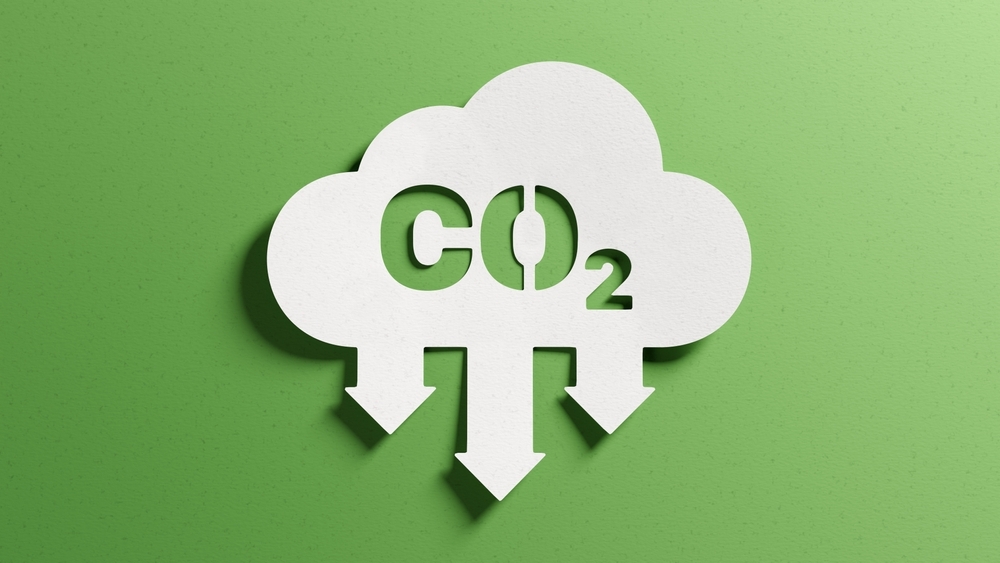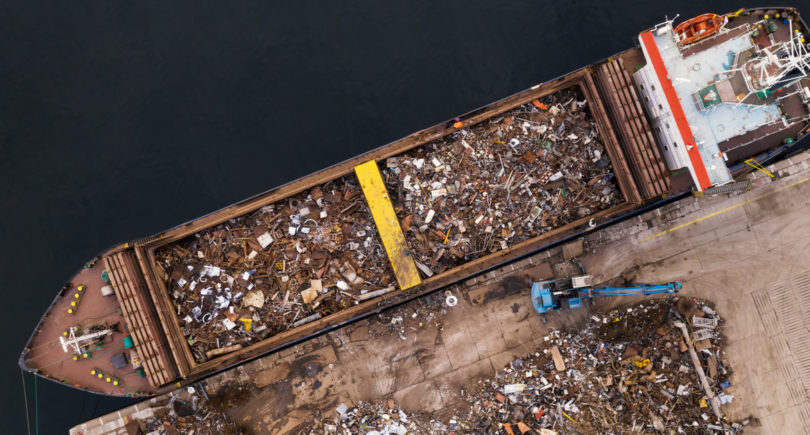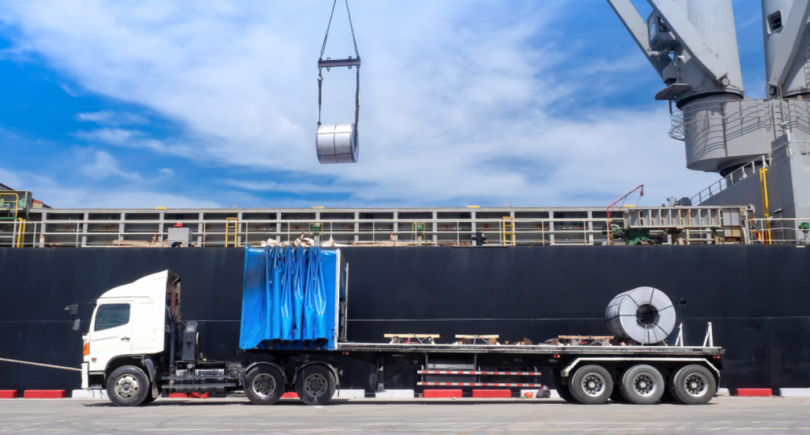
News Global Market US 1806 09 April 2025
The document contains proposals for a carbon tax on imports from polluting countries, including China
U.S. Republican senators Bill Cassidy and Lindsey Graham have introduced an updated bill to levy a carbon tax at the U.S. border on imports from countries with dirtier production methods, including China. This was reported on the official page of Bill Cassidy.
As noted, the bill (Foreign Pollution Fee Act) aims to level the playing field for American manufacturers and countries that use unfair trade practices.
According to Bill Cassidy, other countries can reduce production costs by 20% without applying laws that are taken for granted in the United States. According to him, this also means the loss of jobs for Americans.
“It is long past time that the polluters of the world, like China and others, pay a price for their policies. This bill calls out the foreign polluters and rewards American businesses who are doing the right thing. We are leveling the playing field, and American manufacturers and business will be the biggest beneficiaries,” said Lindsey Graham.
The draft law provides for combating China’s exploitation of trade rules, strengthening the resilience of the global supply chain (diversification of trade relations). In addition, it is about revitalizing American manufacturing by curbing imports of goods that pollute the environment, expanding US export markets, and deepening trade ties with allies that share US economic and environmental values.
The Foreign Pollution Fee Act should also encourage international partners to adopt cleaner production methods, while maintaining a competitive advantage for U.S. manufacturers and continuing their leadership in decarbonization.
The two senators introduced a preliminary version of their Foreign Pollution Fee Act in 2023. Last December, they released a new draft for discussion. According to Shuting Pomerleau, Director of Energy and Environmental Policy at the American Action Forum, it would impose a basic 15 percent carbon tariff on goods imported into the United States in six sectors: aluminum, cement, iron and steel, fertilizers, glass, and hydrogen, with an additional 40 percent tax depending on the carbon intensity of these goods.
The original law was updated in 2025 to incorporate feedback received during public consultation. The original provision of a 15 percent base rate on all imported goods (regardless of their carbon intensity) was abolished. Instead, the tax base has been narrowed to apply only to imports that have a higher carbon intensity than their US counterparts.
In the fall of 2023, US steelmakers supported a proposal for a cross-border carbon tax. The Foreign Pollution Fee Act of 2023 was generally welcomed by the American Iron and Steel Institute (AISI) and the Steel Manufacturers Association (SMA).




